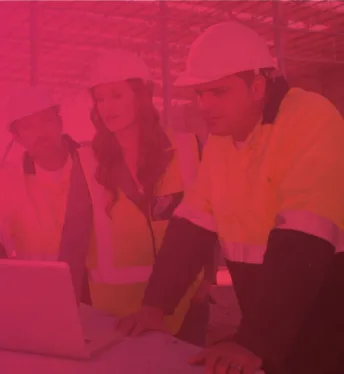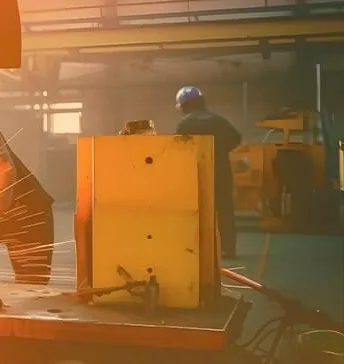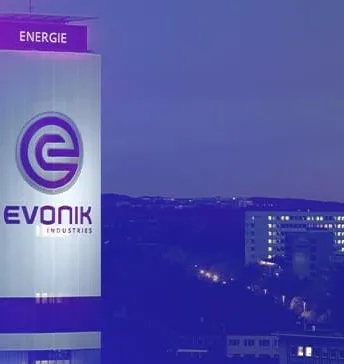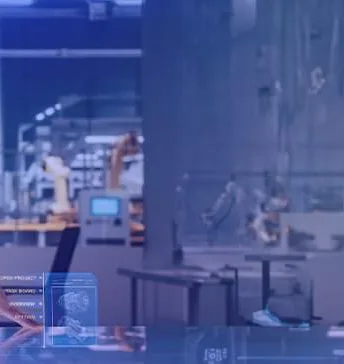A major multinational oil and gas company found itself in need of more innovation and responsiveness. Their operational center of excellence had to change from being overworked order takers to trusted advisors, capable of collaborating on the business strategy and leading the execution of the right initiatives to take the company to its desired future.
CLIENT DESCRIPTION
Our client operates worldwide, exploring, producing, refining and distributing oil and gas for energy generation. They are involved in all stages of the oil and gas supply chain, including:
- Exploration – Performing geological surveys to find oil and gas reserves
- Extraction – Drilling and extracting oil and gas
- Refining – Processes crude oil into valuable products like gasoline, diesel and jet fuel. Natural gas refining involves gas cleaning and can be liquefied for transport
- Transportation and storage: The company uses pipelines, trucks, ships and trains to transport crude oil or refined products to different locations. It also has storage facilities for crude oil and refined products.
- Marketing and distribution – Sales of petroleum products to wholesalers and retail dealers
This organization employs tens of thousands of people worldwide. Furthermore, the organization has significant research and development departments working on new technologies for finding and extracting oil and gas, improving refining processes and developing cleaner, more sustainable energy sources. In addition, the company invests in renewable energy technologies beyond oil and gas.
CLIENT CHALLENGES
Our client needed to become more adaptable, efficient and customer-centric while fostering innovation, sustainability and improving risk management.
- The organization operated in a traditional waterfall mindset. They wanted to change work processes to experiment, pivot and deliver the most value quickly. Since the oil and gas industry is highly volatile, with frequent shifts in supply and demand, global politics and market prices, they wanted to ensure its survival while thriving in a fluctuating environment.
- There needed to be a formal demand management process, resulting in a need for more visibility of the team’s work. This led to many situations where people were doing double work. Demands were left without attention, solutions delivered were poor quality, less critical work was done first, and strategic work was delayed. They required a complete view of their portfolio that would allow them to have data-driven discussions and informed decision-making by considering the trade-offs in prioritization.
- Project delivery took too long. This caused missed business opportunities, reduced potential returns, and outdated solutions. The organization sought to improve response times to customers’ demands.
- Defining team roles: the team worked on too many things simultaneously and needed to learn how their work contributed to business strategy. A traditional leadership style limited their autonomy and ability to innovate, which influenced team engagement and morale.
- Since the industry faces increasing regulations, especially related to environmental and safety concerns, the company sought to reduce risks and meet regulatory requirements.
- The company sought ways to explore new energy sources and improve energy efficiency
- The business looked to eliminate operational waste to speed up project timelines and reduce costs
STEFANINI SOLUTIONS
Through organizational change management, agile training, mentoring and coaching, we employed a framework that helped design, launch and maintain operational agile teams.
A team of Stefanini Business Agility Consultants executed a discovery process involving interviews, surveys, group facilitation and leadership training. Through co-creation, we captured the transformation goals, understood the current state, embedded the customer perspective, explored potential solutions, and built a transformation roadmap. This ensured that the entire team aligned with goals and purpose.
Then, we started executing the change in PDCA cycles (plan-do-check-act). Transformation experiments that could be executed in less than a month were introduced and governed by a monthly cycle. This allowed us to learn fast about the impact of the changes, regroup and pivot as necessary. On quarterly cycles, we reviewed the transformation strategy, results, and metrics and discussed changes to the change process.
Stefanini led the way through organizational change management while mentoring the team to do it themselves. Over the first year, the team grew from 20 to over 100 people with the confidence and evidence that the new processes allowed them to scale.
RESULTS
Stefanini helped the company enhance business satisfaction by 30%, reducing the time-to-value by an average of 5 times what it was previously. The organization found and created a culture of experimentation and performance that the company previously thought impossible.
A team manager highlighted how Stefanini transformed their workflow: “We have increased our ability to deliver business value manyfold by focusing on the right things and consistently finishing things instead of just starting a bunch of initiatives and taking a long time to realize the value.”
Furthermore, a team engineer commented, “I have more autonomy and can make decisions much faster about our work. We have great support from our leaders to make continuous improvements and grow as professionals.”
One evidence of the success of this initiative is the increased scores in quarterly change management assessments. They helped the company visualize how individuals reacted to the change and how ready they were to adopt the new working method.
The ADKAR Model
The Prosci ADKAR® Model is a change management framework that addresses the five aspects that influence individuals and are required for a successful change:
- Awareness
- Desire
- Knowledge
- Ability
- Reinforcement
ADKAR emphasizes that organizational change needs individual change.



















